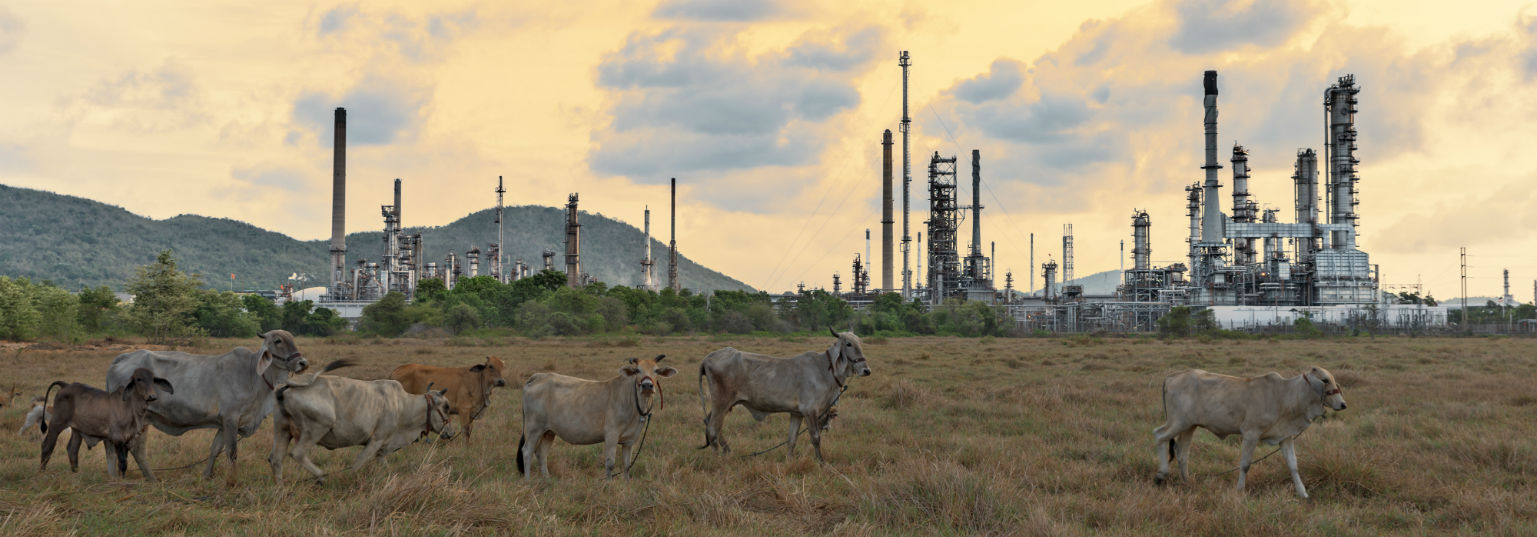Key developments on the planet since the start of the 20th century
The last 100 years have been perhaps the best in history, bu there is still much to be done.
The 20th century has been one of the most intense and turbulent periods in history. It was a century of contrasts and breath-taking changes that began with two devastating world wars and ended with technological progress that gave rise to a new civilization — so new that we still don’t know for certain where it’s going.
The planet is facing immeasurable challenges in terms of equality, justice and sustainability. Challenges that the United Nations has brought together in one key document, the 17 Sustainable Development Goals (SDGs), which should be the lodestar for the political, economic and social decisions of companies and governments. These goals seek to eradicate poverty, to address the basic needs of people, thereby achieving social justice, and to control global warming and the loss of biodiversity.
There is still much to be done in all these areas. Due to the close relationship between Sustainable Development Goals, not get one is a delay for others or said otherwise, get one facilitates the fulfilment of the rest. However, it’s true that the last 100 years have been perhaps the best in history, also because human beings are living longer, happier and healthier lives than ever before. Concern about climate change and the empowerment of women; to take two examples, have won over public opinion and society is now sensitive to issues that were taboo just a century ago. The Oxford Diccionary serve as a barometer for the way society has evolved, as they include the words manel or mankini. These words are forcing their way into our vocabulary and perfectly illustrate this new social paradigm.
In this article we will see how much the world has improved since the beginning of the 20th century, and the challenges we face in ensuring that modernity continues to progress, but using the compass of sustainable development as its guide.
Reduction of extreme poverty
No poverty is the first United Nations Sustainable Development Goal. Approximately 705 million people still live in extreme poverty around the world. In other words, they have less than 1.90 dollars a day on which to live. A bleak figure that, nevertheless, carries with it an undeniable flicker of optimism if we consider that at the end of the 1970s over 2,000 million lived in these precarious conditions.
Reduction of illiteracy
Since the year 2000, huge progress has been made under SDG 4, which focuses on quality education, despite the fact that it continues to encounter huge obstacles in countries that have a high level of poverty or are embroiled in armed conflicts.
In this respect, statistics are showing the best figures in history, with over 90% of school-age children in the world attending school for more than 12 years on average. These numbers show that we are getting closer to eradicating illiteracy in the world.
The opposite extreme of these figures shows just how much we still need to do to win the education battle: 263 million kids still have no access to school and 758 million adults are illiterate. In developed countries, education gets the third-largest share of the national budget, only surpassed by health and social protection. However, more is needed to fulfill this Sustainable Development Goal. Achieving universal primary and secondary education will require some 3,000 million dollars in 2020, far above the 1,200 million dollars that we currently allocate.
Improvement in health and increase in life expectancy
One of the best indicators of well-being is people's life expectancy. This has increased considerably in recent years and the global average is now 70 years. The biggest change has occurred in Africa, with an increase of 6 years and an average life expectancy of 60; the highest per-continent figures are found in North America, where life expectancy is 79 years on average.
Some of the most common causes of death related to infant and maternal mortality have also reduced. Every day, 17,000 fewer children die than in 1990. This is encouraging data, but it is of no comfort to the more than five million children who die each year before they are five years old. There have been very positive outcomes to health challenges. The polio vaccine has almost completely eradicated the disease, while patients with HIV, with suitable treatment, can look forward to a life expectancy similar to that of healthy people.
However, in order to promote and achieve the SDG 3 of ensuring healthy lives and promoting well-being for all at all ages, improvements still need to be made to assistance with childbirth, mainly in developing countries, and governments will need to provide more efficient funding for healthcare systems, hygiene improvements and reducing environmental pollution.
Empowerment of women
Women and girls continue to suffer discrimination and violence in all corners of the world. Gender equality is not only a human right, it is the foundation for a peaceful and sustainable world. This is stated by SDG 5 as described by the United Nations.
It is undeniable that society has made substantial progress in the empowerment of women. The #MeToo revolution confirmed that the majority of women have suffered some type of chauvinist aggression during their lives, and the wave of solidarity and public opinion that coalesced around it was the match that sparked a major cultural change.
However, to be able to move forward to achieve the gender equality goals set out in the 2030 Agenda, we need to have tools to measure progress and setbacks in terms of equality. To that end, Equal Measures 2030, the global alliance between civil society and the private sector that aims to use data and scientific evidence to achieve political change, has created a tool that measures an SDG gender index to analyse real figures and progress towards the equality of women worldwide.
Source: Ethic, United Nations Development Programme, United Nations, UN News, Corporate Commitment, Fundeu









